Review of Soul Of A Man, The
Introduction
This is one of seven films that comprise the complete: `Martin Scorsese Presents The Blues: A Musical Journey`. It was an interesting concept. Scorsese initiated and curated the project, and indeed Directed one of the movies. But he also gave six other Directors a set of DV-Cams, a limited budget for archive material and post-production - and carte blanche to go discover the blues for themselves. "Our goal was never to produce a definitive work on the blues. It was to create highly personal and impressionistic films," said states Martin Scorsese. Released here and in the US as either individual movies, or as a deluxe box set comprising all 7 DVD`s that each include the movie and a variety of compelling extras. There`s been a lot of interest in these releases since they first aired in the USA (on PBS - the channel for culture-vultures) in 2003 and between them they contain a veritable treasure trove of information, passion and atmosphere that will thrill blues fans.
Wim Wenders (Paris, Texas; Buena Vista Social Club) directed `The Soul of a Man` is perhaps the most achingly sorrowful in tone. It takes an interesting approach that mixes a nostalgically dramatised approach with stirring contemporary performances of the songs by the 3-featured blues artists.
The first of these is Blind Willie Johnson, a gospel tinged blind bluesman (blinded at the age of 7 when his step-mother threw lime into his eyes to avenge a beating she`d had off his father). Born in 1900, his peculiarly haunting high-pitched tones could be heard principally on street corners and church gatherings. The filming here has been treated to reflect the slightly sped-up look of hand-cranked film, and it`s all scratchy monotone. Apart from the songs and narration, the footage (in keeping with the period) is completely silent. Blind Willie was one of the earliest blues artists on record to use a broken bottleneck for slide, and to tune his guitar to an open D for this purpose, a trick used commonly by many slide-guitarists today. There`s a chilling archive recording of his song, `Dark was the night, cold was the ground`, and this is followed by a bizarrely intense contemporary version by Mark Ribot. This really sets the format and pattern for the movie which, despite sounding a little formulaic, actually works surprisingly well.
Next of the featured blues `giants` is Skip James, who won a recording contract with Paramount Records in 1931. His journey from the rural back yards to the city is covered here, as are dramatised reconstructions of these first, now legendary recording sessions as we hear these spooky, lonely wails some 75 years on. It`s difficult to believe that Skip never made a cent from these recordings, and it`s likely that he never heard them again after the day of recording as the few records pressed from them sold precious few as the depression took hold. These rare recordings naturally became collectible, and have now been elevated to blues legend status. Apart from the generous time allocation given to Skip`s own original versions of songs like `Illinois Blues` and `Hard Time Killing Floor`, we hear contemporary renditions by a variety of artistes. Amongst the best are Lou Reed, Lucinda Williams and Bonnie Raitt; amongst the less effective are Beck and The Jon Spencer Blues Explosion who here confuse volume with emotion.
The third featured artist takes us forward in time to the 1960`s. JB Lenoir was the subject of a popular John Mayall and the Bluesbreakers track, `The death of JB Lenoir`. There is a wealth of genuine archive material here, filmed by a bohemian couple from Sweden in their own home. The uncomfortable looking JB runs through a whole string of his finest moments whilst sharing the sofa with them in their frugal looking living room. The songs and playing are fine, though the context positively surreal! We then get lengthy interview segments with the couple who reminisce on those hazy, crazy days with Mr. L. Contemporary versions of his songs include `Elevator Girl` covered brilliantly by Bonnie Raitt; and Nick Cave getting all moody and intense over `I feel so good`.
The movie wraps up with a celebratory piece covering Skip James mysterious reappearance 33 years after his original recording dates at the Newport Jazz Festival. He offers up a mesmerising performance. It`s a gratifying conclusion to the movie to learn that Cream`s version of `I`m so glad` in 1968 paid for his hospital bills when he fell ill that year.
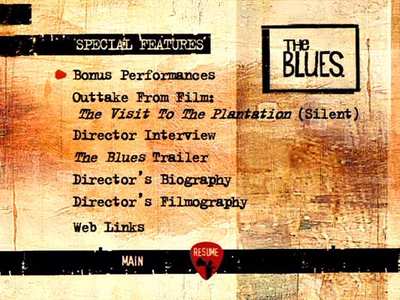
Video
The contemporary pieces look fresh and crisp, and the reconstructions and archive material entirely acceptable.
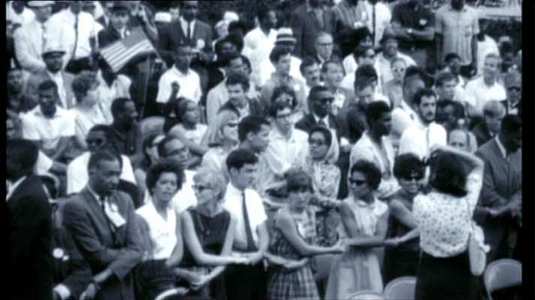
Audio
The audio here is very good. The contemporary pieces have been recorded and mixed with flair and care, and the overall sound bed for the film is atmospherically sparse and sombre. The real focus of the soundtrack is the music, and it`s music that will move you. Not all the performances here were created equal, but the gems far outweigh the turkeys, and with the option to play all the songs from the movie, as well as half a dozen extra tracks - it`s these that will give this disc the re-playability factor that will justify your outlay.

Features
This disc is brimming with Special Features. The Directors Commentary is nicely understated and actually starts with a kind of whispered apology (`I hate it when people talk in films`). There are options to play all tracks in the movie in full, one by one without interruption by narration, and there are actually half a dozen bonus tracks on offer here too, the best of these perhaps Lou Reed`s spell-binding version of `See that my grave is kept clean`. There are some out-takes from the drama section, rescued from the cutting-room floor and almost pointlessly added here, and there is a short `Directors Interview` which shows Wenders to be a man of (Germanic) passion and intellect, and this is well worth a look. Also included is the trailer to the series and the usual text based Director`s biography and filmography, as well as a couple of useful web-links for further information. A nice, complete package.

Conclusion
Wim Wender`s offering to the Martin Scorsese curated Blues series is a haunting and achingly emotional piece. Focusing on three blues legends (Blind Willie Johnson, Skip James and JB Lenoir), it uses a mix of re-constructed dramatisations, archive material and contemporary performances of classic songs to great effect. It`s a moving and enjoyable profile of three men who shared, not only brilliance for the blues, but a gentle, almost spiritual humility. Thoroughly recommended!
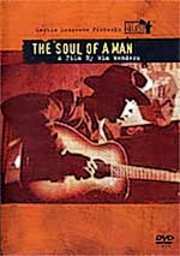



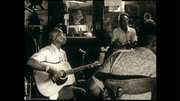
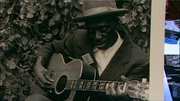
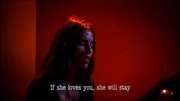
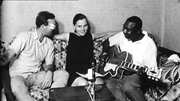
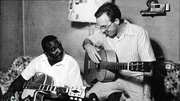

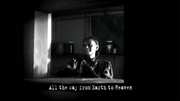
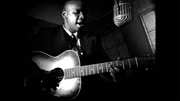

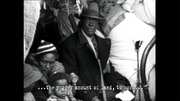
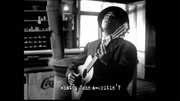
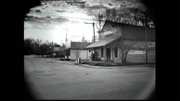
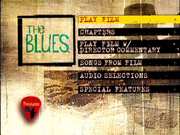






























Your Opinions and Comments
Be the first to post a comment!